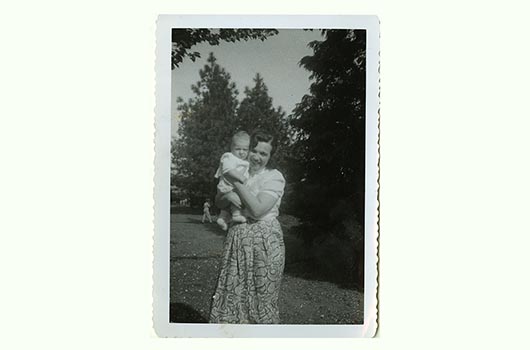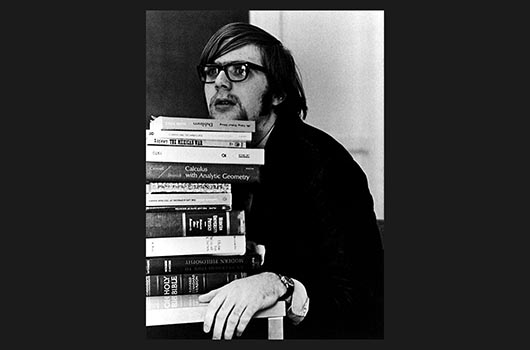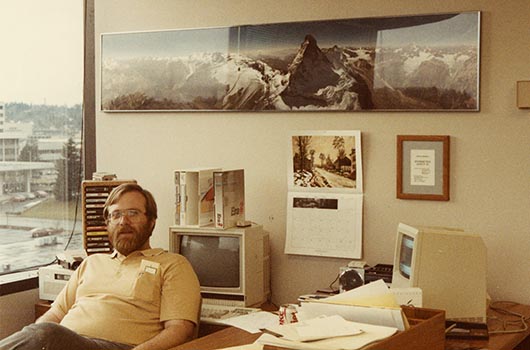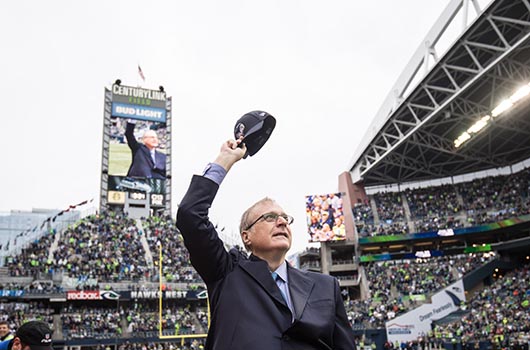Paul’s philanthropic contributions of more than $2.65 billion during his life have helped save endangered species, deepen our understanding of climate science, improve ocean health, develop new technologies, create museums, tackle epidemics, research how the human brain works, and invest in sustainable communities.
Many have called him a polymath, which is true — he was a man whose knowledge and skills spanned a wide range of disciplines. But he wasn’t about going it alone. To the contrary, he loved learning from others and was driven to connect great minds so, together, big things could happen. Because, while many say they want to make the world a better place, he realized early he was fortunate enough to have exceptional resources he could deploy in pursuit of that. And he took that responsibility seriously.
Paul wrote his memoir Idea Man after the second of three recurrences of lymphoma – having first been diagnosed in 1982, then again in 2009 and 2018. He chose that name because it embodied the way he saw himself — always looking for the next big challenge to tackle. “My own thoughts of mortality don’t need a lot of prompting,” he said. “Every six months, I sit inside the PET scanner and then wait in my oncologist’s office sweating bullets, wondering what the verdict will be… my strength has returned… but I continue to take nothing for granted…. I’m continually thinking about the next big idea and how it could be accomplished.”


.jpg)


.jpg)